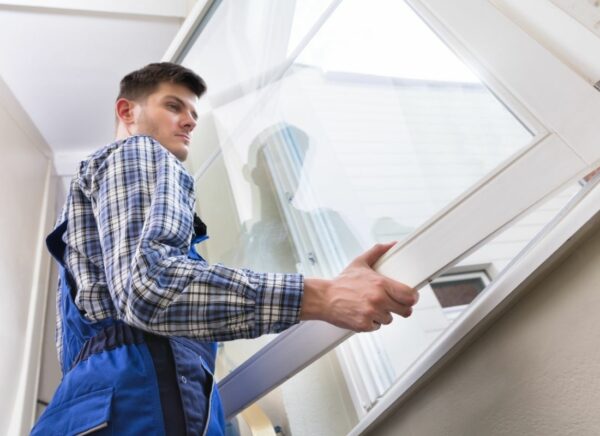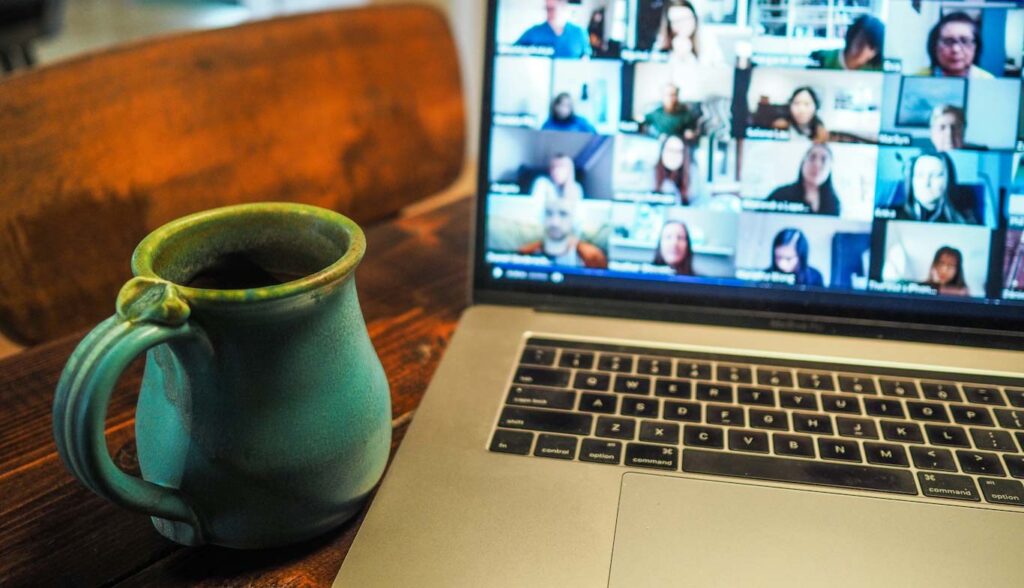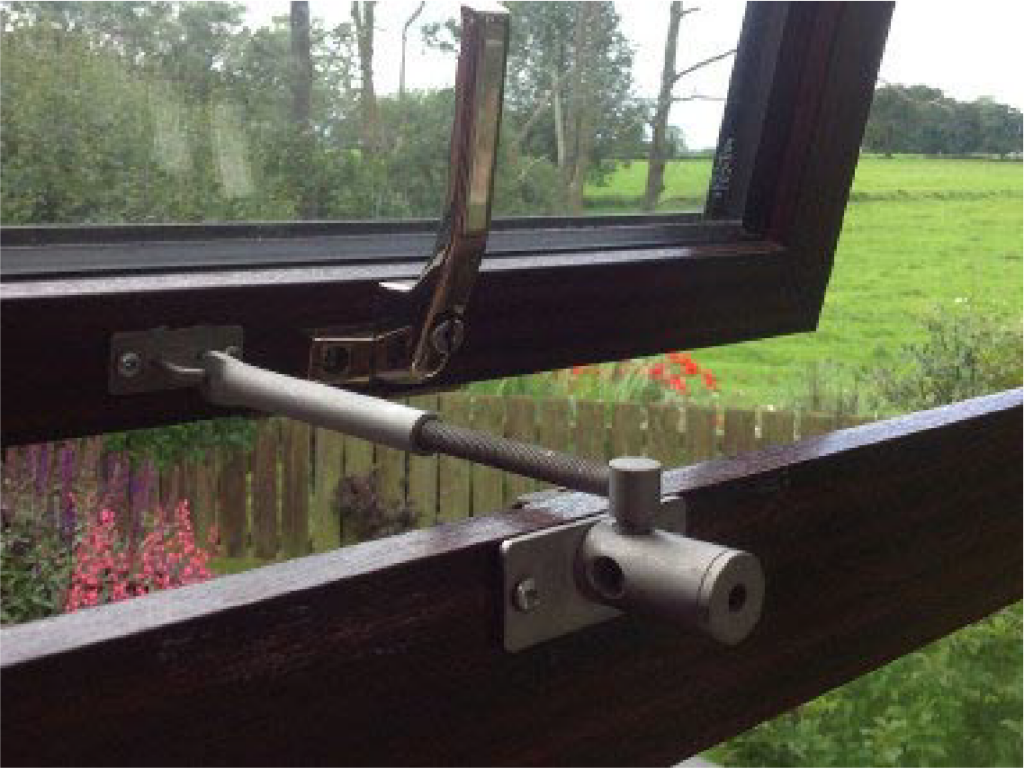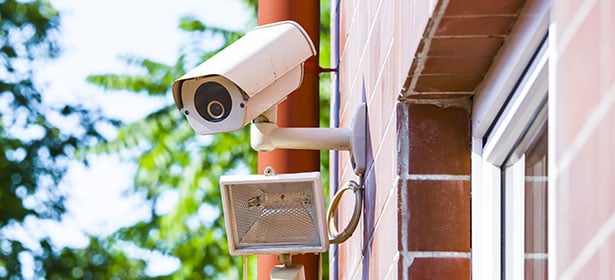Due to the effects of Covid 19 many of us have been forced to face the challenges of working from home. This has meant getting used to new schedules; balancing work and family life; and integrating new technologies to enable better communication and collaboration. While a lot of South Africans have risen to these challenges one aspect of working remotely, that isn’t often discussed is security. This article explores how working from home changes your home security needs and some of the measures you can take to secure your home office.
Potential home security risks whilst working from home
Any way you look at it working from home changes the nature of your security needs. Whether these relate to more expensive electronic equipment in the home; or your data security needs; or even risks relating to your power and electrical needs. Let’s start by looking at some home security pressure points before seeing how we can improve them.
Theft
This point should be obvious, but working from home usually means that you will have expensive electronic equipment around the house. This can make you a target for would-be thieves who are looking for new targets as the economic pressures of Covid take hold.
Burglary
While very similar to theft, burglary does have it’s own definition and involves forceful entry into the home. The definition can also extend to aggravated burglary where armed individuals gain forceful entry into the home. Like with general theft, the risks arise from having more expensive equipment around the house providing temptation to would-be thieves.
Data breach
You might think that your antivirus has you covered, but the reality is that as more and more people work from home, previously secure systems are more exposed to hazardous malware and apps. Previously, the security systems installed by the IT department would have mitigated some of these risks, but home networks feature less robust security meaning the risk of a data breach or malware attack have become greater over the past year.
Equipment hazards
Some homes don’t have the built-in infrastructure to support office equipment. This can lead to overloaded power outlets, which can pose a fire or electrocution risk; or electronic equipment that isn’t adequately protected from electrical surges. This latter point is even more important in the South African context, when you consider that load shedding can greatly increase the risk of damaging this sensitive equipment.
Improve your Home Security
So, now that we know some of the increased risks associated with working from home, let’s look at some measures we can take to make our homes safer places to work and live in.
Secure Entryways
The majority of burglars will enter a home through a door or window, so when you have more valuable equipment in your home, it is more important than ever to ensure that your entryways are secure. If your home has a yard, this also includes the entrance onto the street. Installing automatic security gates as well as buzzers can make your home a much safer place to work.
Window locks
When it comes to windows there are a few safety precautions you can take. The most simple is ensuring that your window is locked, but the need for fresh air and constant ventilation is even more important when you are working from home. This is where a lockable window latch such as LockLatch or MiniLatch really comes in handy. This home security device can be fitted onto any window in your home and allows you to keep it open, but locked in place, which means you can ventilate your home office without increasing the risk of a break in.
Door locks
Just like locking windows, ensuring your doors are secured should be one of the first home security measures you take. While the installation of extra locks or bolts will help secure the door when it is closed, if you need to keep your door ajar to allow airflow in then a LockLatch might be just what you need.
Security systems – Alarms
Alarms are another security measure that can improve your home security and protect your valuable equipment. Not only is an alarm system effective in frightening away intruders, but it also acts as a deterrent. Potential burglars are on the lookout for easy targets and are less likely to target a home where a security system is installed and clearly advertised.
Security cameras
As is the case with security systems, cameras aren’t just about spotting break ins, but are also a form of deterrent. Potential home invaders or burglars who see a camera will often move on and look for a softer target as they don’t wish for their crimes to be caught on camera.
Hide your valuables
It is also good practise to keep your valuables out of sight. Many burglaries are crimes of opportunity and can be avoided by removing the temptation. Keeping valuables stored or locked away, and keeping them away from windows and other entry points will help achieve a safer working environment with less chance of theft.
Remember Home Office Security
While the measures in the previous section might help make your home office more secure, they are more general security tips that can be applied to every home, Next we want to look at some security measures that are specific to the home office environment.
Secure your office equipment
While smaller electronic devices such as laptops can be stored safely in locked drawers, for larger equipment you might want to look into additional security. These can take the form of security cables and locks, which are like bicycle chains for your electronics. Alternatively, a bluetooth tracking device can help you locate your equipment in the eventuality that it is stolen.
Be mindful of power supplies
Homes often don’t meet the same electrical standards as offices, and so it is important to be mindful of the electrics in your home office. The most common problem is overloading power points by using extension cords or multi adaptors and this could lead to electrocution or even fires in extreme circumstances.
Keep your windows secure
As we have mentioned numerous times in this article many thieves are opportunists who aren’t necessarily out to rob you. That’s why it is important to keep electronic devices away from your windows where a thief can reach in and take them. If you want to leave your window slightly open, but are worried about opportunistic thieves, you can use a MiniLatch to lock your window in an open position while still ensuring that the gap is small enough to prevent theft.
Be mindful of environmental factors
Thieves aren’t the only thing you need to worry about when it comes to protecting home office equipment. Be sure to not leave electronics in places where they can get damaged by rain or other environmental factors.
Keep your office door secured
A sturdy office door with a lock is one of the best security measures for your home. This means that even if a thief gains access to your property they still can’t enter the office easily. Being able to lock your office door gives you an added layer of security and also removes the temptation for theft from people who may work in your home.
Understand Cyber Security
Not all home office security relates to physical crimes and risks, many risks are actually related to cyber security and maintaining the integrity of your data. Afterall, it’s one thing to lose a piece of technology, but often far worse to lose the work that was on it.
Router security
Routers aren’t just the link between your computer and the internet, instead they are mini computers that come with their own security risks. If someone were to hack your router they could serve you false websites used to steal your secure data. When you get a router it is important to change the settings from the factory defaults to reduce security risks.
Backups
Depending on the industry you work in, losing data can be devastating. It could amount to months of work or files that can never be replaced and that is why backups are so important. It isn’t enough to just back your work up on a hard drive as backups should always be kept off site, however as secure cloud storage becomes more accessible and affordable there really is no excuse for not backing up your work and personal files.
Password manager
One of the most common security risks we create for ourselves are weak passwords or using the same passwords for multiple sites. We often do this because it can be hard to remember a string of complex passwords for a variety of logins. A password manager creates randomly generated high complexity passwords and encrypts these. You are then given one master password which can be used to unlock this encryption making your accounts and software more secure.
Antivirus software
Antivirus software and malware protection really are all important in the modern world. Viruses have become very intelligent and don’t just make your computer inoperable, but can be used to harvest data such as bank account numbers and other sensitive information. A good antivirus is able to detect and quarantine these risks before they take hold of your system.
To begin your home security whilst working from home why not start with a LockLatch or MiniLatch? These devices can almost instantly make doors and windows more secure, and consequently make your home office a safer place to work.




